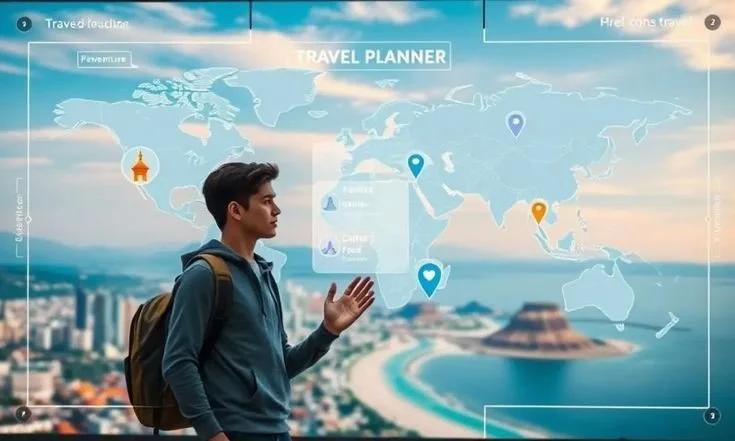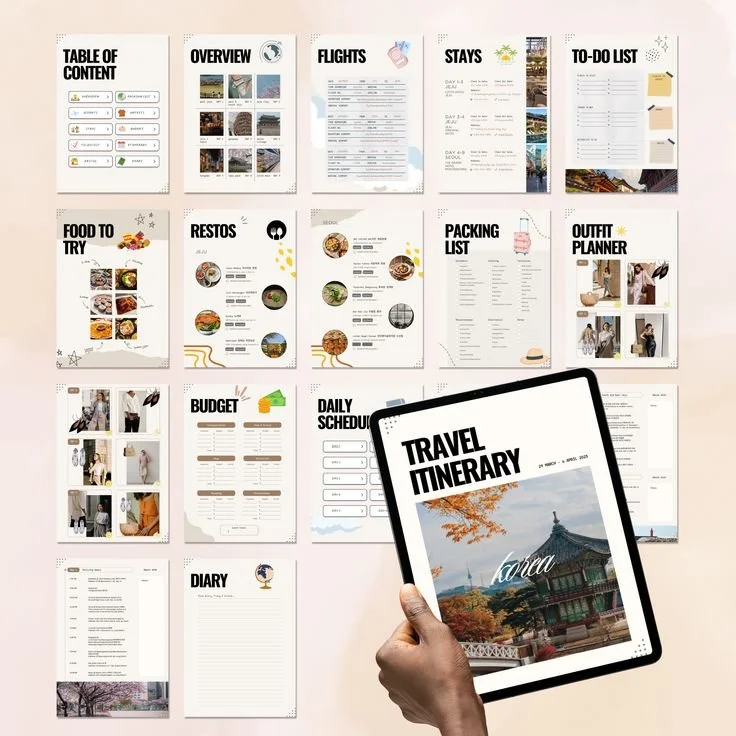The Rise of AI Travel Planners: Are They Replacing Human Agents?
AI tools now streamline trip planning—yet human travel agents still hold value. Therefore, the future lies in blending AI efficiency with human empathy. Meanwhile, emerging trends reveal both strengths and limitations of AI in travel.
AI's Strengths: Efficiency, Scale, and Speed
Firstly, AI processes massive data fast. Platforms like KAYAK with ChatGPT integration analyze browsing history and trends to craft personalized travel ideas instantly.
Additionally, AI engines forecast optimal booking times, plan core itineraries, and monitor real-time disruptions .
Moreover, chatbots handle simple inquiries—flight statuses, hotel FAQs—freeing humans for complex cases .
Limitations: Empathy, Intuition, and Real-Time Problem Solving
However, AI still falls short on nuance. It may suggest inappropriate options—like recommending a food bank as a must-see spot—highlighting context failures .
Also, complex planning—multi-city routing, dietary restrictions, ongoing emergencies—still requires human flexibility .
Indeed, human agents excel in emotional intelligence—reassuring travelers, negotiating accommodations, and customizing experiences .
Hybrid Models: The Best of Both Worlds
Meanwhile, the industry is embracing hybrid approaches:
Booking.com and Expedia use AI for initial bookings but hold human agents in reserve for major issues.
Platforms like HotelPlanner deploy AI agents for bulk queries, escalating complex cases to humans.
Experts urge leveraging AI to free up human agents for storytelling, creativity, and empathy—enhancing travel experiences.
Consumer Report: AI vs. Human Agent Trial Run
In practice, a recent flight search test offered insight:
AI tools like ChatGPT and Gemini returned workable results—but missed the best fare.
Google Flights found the ideal ticket.
Traditional and AI-enhanced agents delivered personalized perks and tailored itineraries.
User Reviews: Real Feedback from Travelers
On Reddit, users praise AI for speed but criticize its inaccuracy in complex planning .
Conversely, some creators are building paid AI planners that auto-generate thousands of itineraries—demonstrating their potential when well-designed .
Scholarly Insights & Tech Innovations
Additionally, research (like Vaiage) shows that advanced multi-agent systems can outperform simpler AI, achieving richer, more contextual plans .
What Industry Leaders Say
Booking.com CEO Glenn Fogel predicts AI tools will become superior at routine travel planning—but human agents will remain essential for personalization and problem-solving .
Industry consensus is that AI won't replace agents—it will evolve their roles into AI-augmented travel specialists .
Key Takeaways
AI is a game-changer for routine bookings, price monitoring, and simple itineraries.
Human agents remain essential for empathy, troubleshooting, and delivering tailored journeys.
Hybrid models are emerging, where AI improves efficiency and humans provide the heart.
Future roles will emphasize “AI travel specialists” who curate, empathize, and design high-touch experiences.
Final Thoughts
AI travel planners aren't replacing human agents—they're changing the landscape.
By automating routine tasks, AI frees people to offer creativity, care, and real-time problem-solving.
Therefore, the future of travel planning lies in collaboration between smart software and skilled humans.
Ultimately, the ideal travel partner blends efficiency with empathy—to deliver trips that are both seamless and unforgettable.

